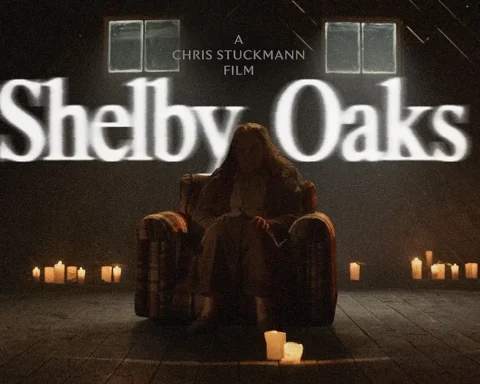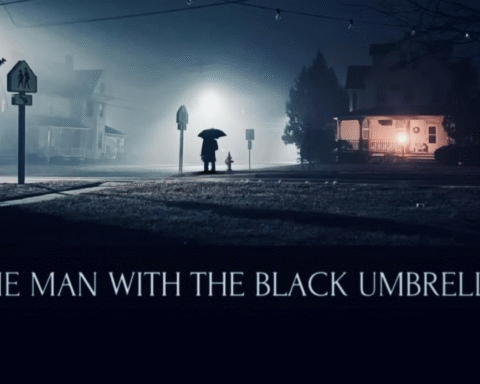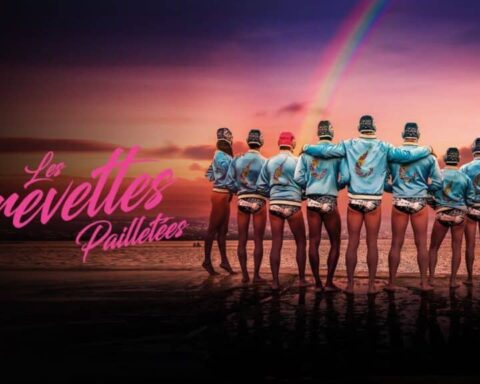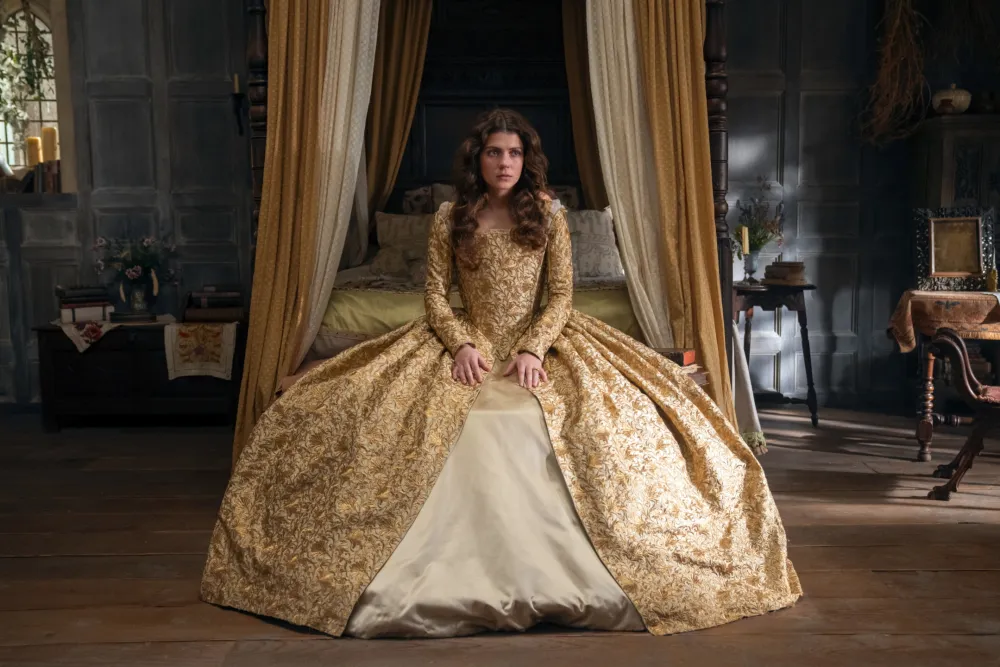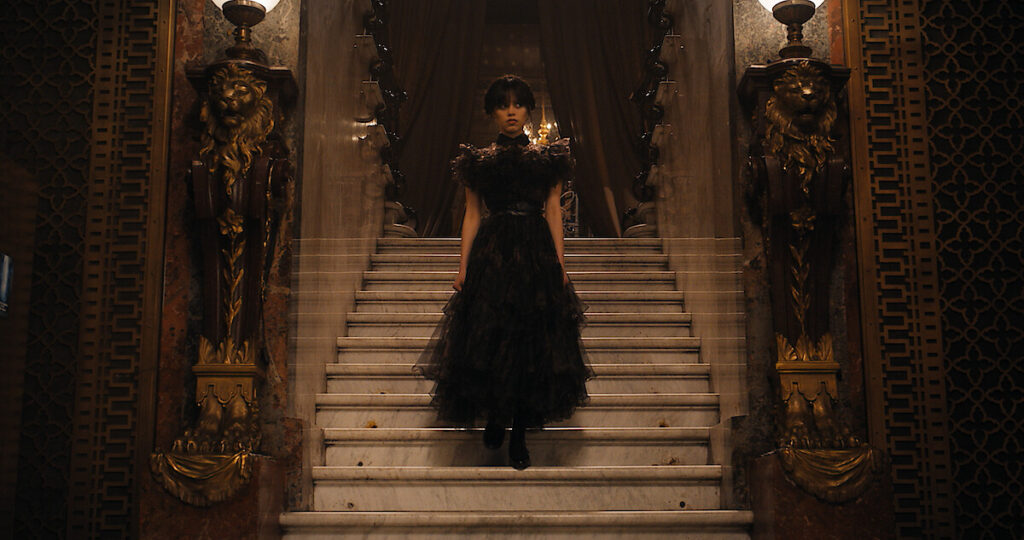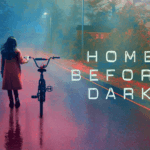Introduction
In the shadowy landscape of contemporary television, “Pretty Little Liars: Original Sin” emerges as a distinctive blend of the slasher genre, indie musical nuances, and profound social commentaries. As a spiritual successor to the original “Pretty Little Liars” series, “Original Sin” carves out its own niche by intertwining elements of horror, feminist advocacy, and pro-LGBTQ+ messages, creating a rich tapestry that resonates with modern audiences. This review aims to delve into the intricate layers of “Pretty Little Liars: Original Sin” and its second season, “Summer Camp,” exploring how it revitalizes the slasher genre while infusing it with a compelling indie soundtrack and profound cultural themes.
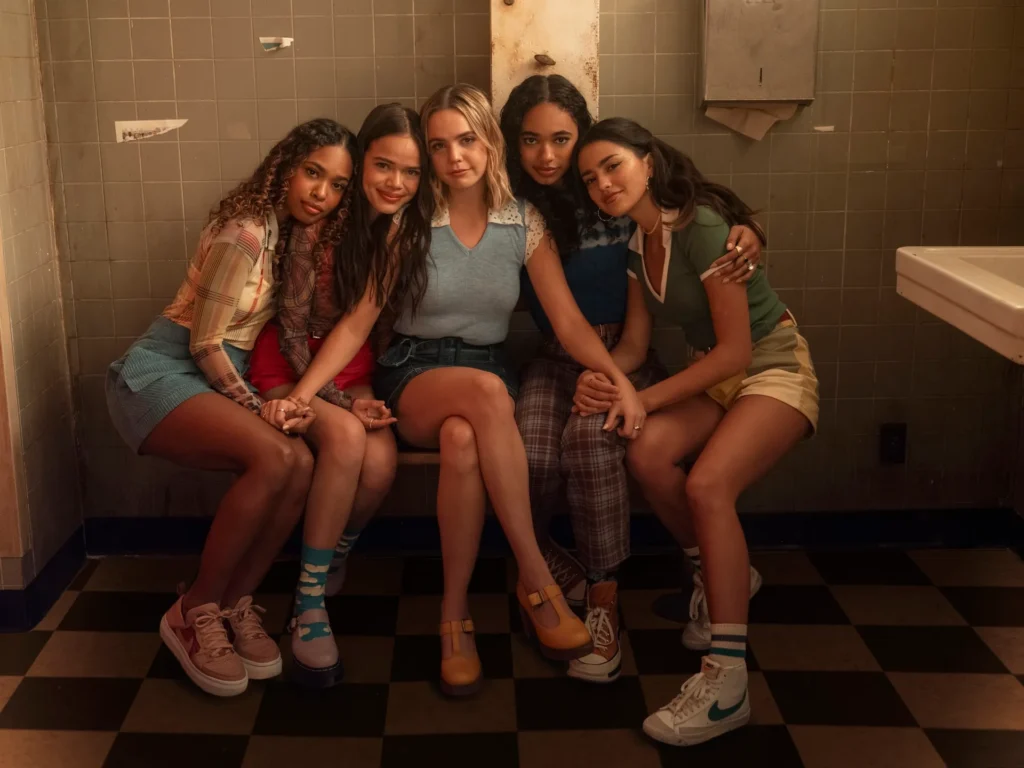
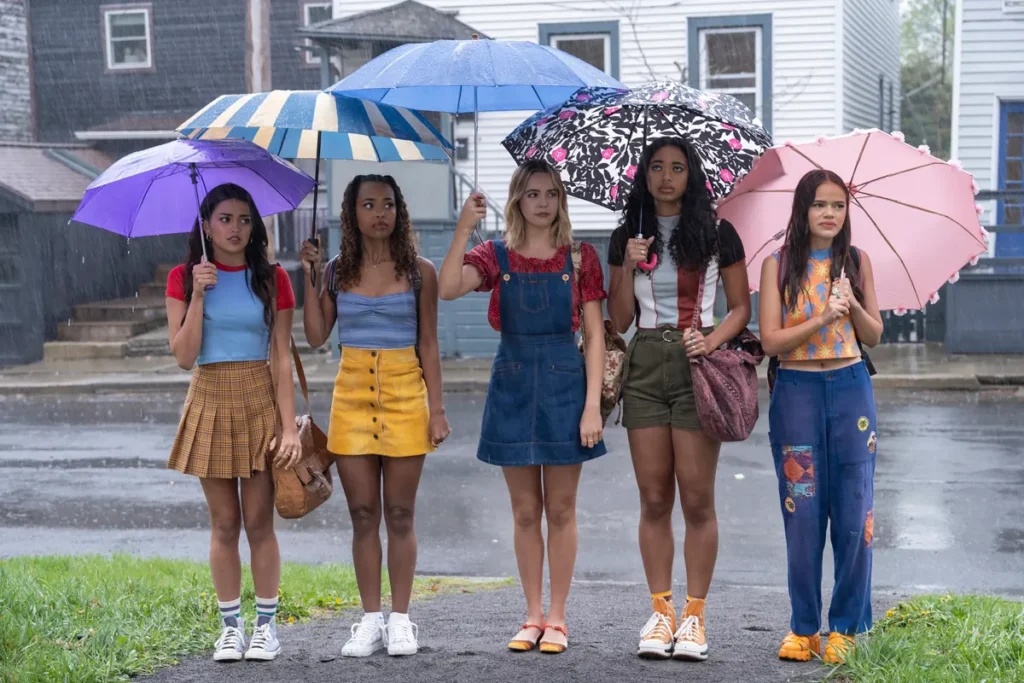
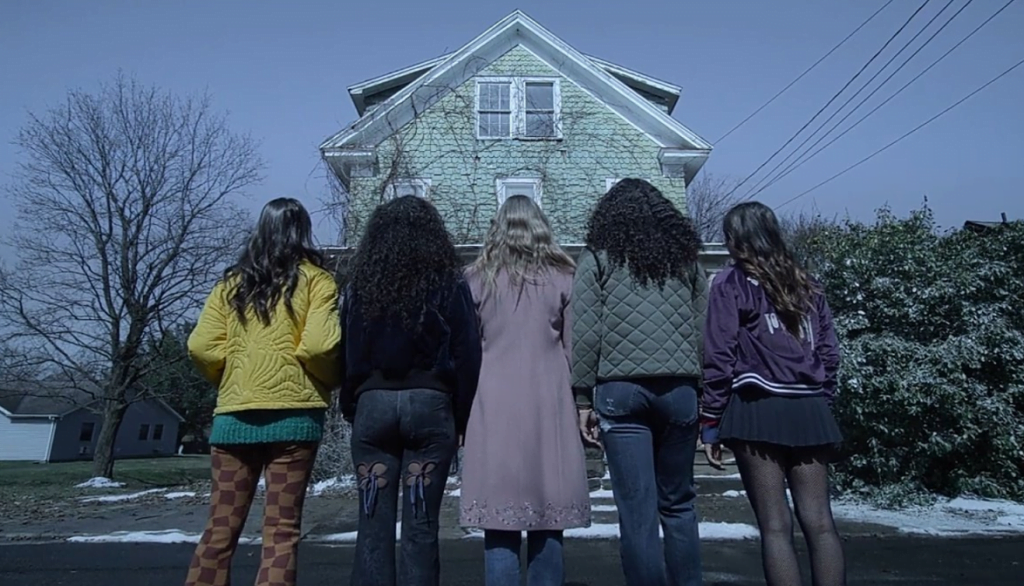
The Resurrection of the Slasher Genre
At the heart of “Pretty Little Liars: Original Sin” lies a deep-seated homage to the slasher genre, a subgenre of horror that thrives on suspense, gore, and the relentless pursuit of a masked antagonist. This series adeptly pays tribute to its predecessors while simultaneously subverting expectations to create something both familiar and startlingly new.
1. Echoes of Classic Slashers
“Original Sin” draws heavily from the iconography of classic slasher films like “Halloween,” “Friday the 13th,” and “A Nightmare on Elm Street.” The omnipresent figure of “A,” the series’ masked antagonist, is a direct nod to the enigmatic and unrelenting killers of these films. The meticulously crafted chase sequences and inventive kills harken back to the golden era of slashers, invoking a sense of nostalgia for genre aficionados.
2. Subversion and Innovation
However, “Original Sin” doesn’t merely replicate these classic elements; it redefines them for a new generation. The series introduces a level of psychological complexity and character development often absent in traditional slashers. Each character is imbued with a rich backstory, motivations, and personal demons, making their eventual encounters with “A” all the more harrowing. This nuanced approach transforms the slasher narrative from a mere survival story into a profound exploration of guilt, trauma, and redemption.
3. The Final Girl Reimagined
A staple of the slasher genre is the “Final Girl,” a lone survivor who confronts the killer in the climax. “Original Sin” reimagines this trope by presenting a collective of Final Girls, each embodying different aspects of resilience and strength. This collective approach not only enhances the narrative complexity but also underscores the series’ feminist undertones, emphasizing solidarity and collective empowerment over individual heroism.
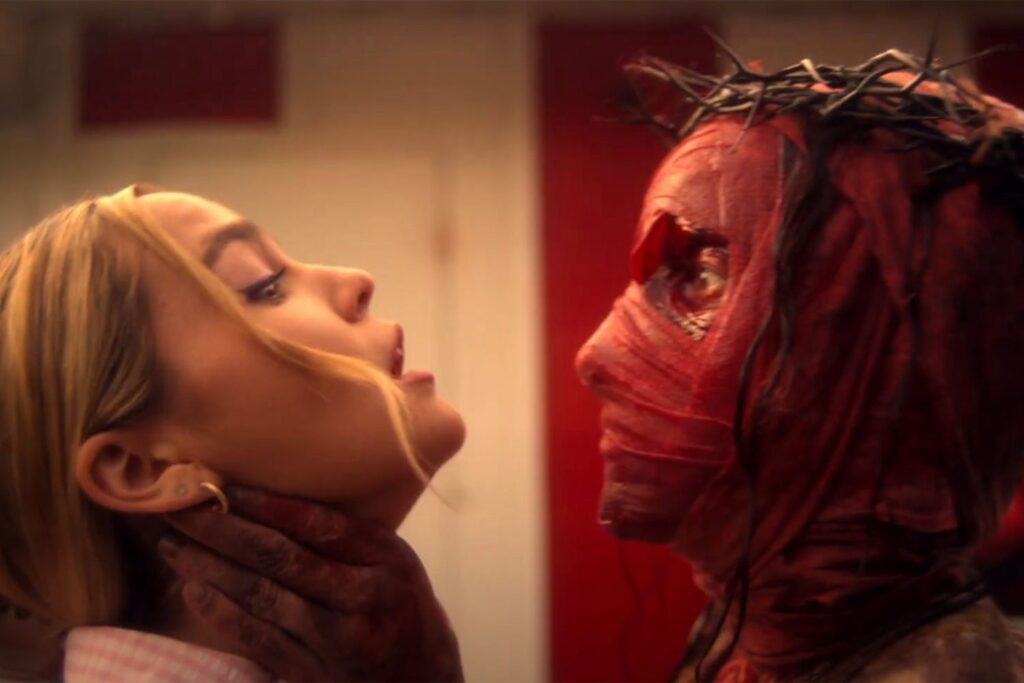
The Indie Soundtrack: A Sonic Landscape of Emotion and Atmosphere
The auditory landscape of “Pretty Little Liars: Original Sin” plays a crucial role in shaping its dark and evocative atmosphere. The indie soundtrack, carefully curated to reflect the emotional and thematic undercurrents of the series, serves as an aural counterpart to the visual horror unfolding on screen.
1. Crafting Atmosphere Through Music
The haunting melodies and ethereal tones of the indie tracks used throughout the series create an immersive experience, enveloping the viewer in a sonic world that complements the show’s visual aesthetics. Artists like Phoebe Bridgers, Mitski, and Sharon Van Etten provide a melancholic and introspective backdrop that mirrors the characters’ internal struggles and the pervasive sense of dread.
2. Emotional Resonance and Character Development
Music in “Original Sin” is not merely an atmospheric tool but also a vehicle for character development and emotional resonance. Key scenes are often underscored by poignant musical selections that amplify the characters’ emotional states, enhancing the viewer’s connection to their journeys. For instance, a tender moment of vulnerability might be accompanied by a soft, acoustic ballad, while a scene of intense terror could be heightened by dissonant, avant-garde compositions. The addition of indie songs like “Voices Carry”, “Only You” but also all the slasher movie classics from Scream or I Know What you Did Last Summer ranging from Nick Cave to the Offsprings is delicious.
3. Thematic Coherence
The indie soundtrack also reinforces the thematic coherence of the series. The lyrical content of many songs echoes the show’s exploration of trauma, identity, and resistance. This deliberate alignment between music and narrative themes creates a cohesive and immersive viewing experience, where the auditory and visual elements are seamlessly intertwined. Finally, showcasing plenty of riot grrrl and women fronted indie bands brings the story line and the final girls characters more depth and girl power energy.
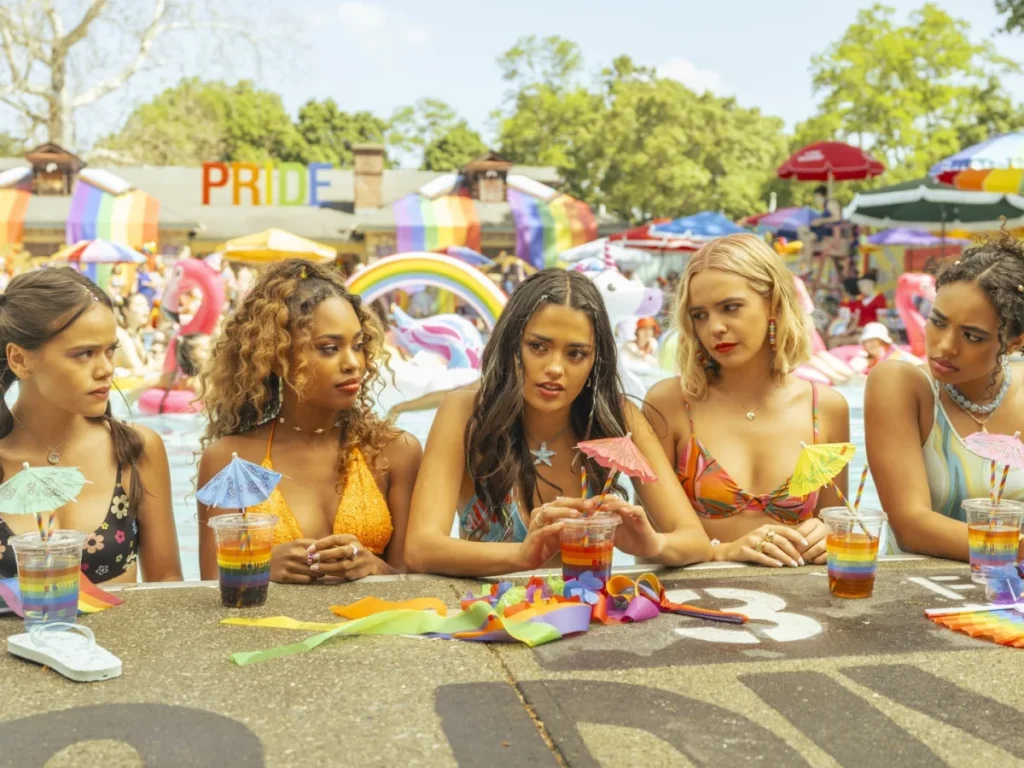
Feminism and Pro-LGBTQ+ Messages: A Cultural and Social Commentary
“Pretty Little Liars: Original Sin” distinguishes itself through its unapologetic embrace of feminist and pro-LGBTQ+ messages, weaving these themes into the very fabric of its narrative. This commitment to social commentary not only enriches the series but also positions it as a progressive and relevant piece of contemporary media.
1. Feminist Advocacy
The series foregrounds strong, complex female characters who defy traditional stereotypes and navigate a world fraught with danger and oppression. The portrayal of these characters challenges the often misogynistic tropes prevalent in the horror genre, offering a refreshing and empowering perspective.
2. Representation and Inclusivity
“Original Sin” is notable for its inclusive representation of LGBTQ+ characters, who are integral to the story and portrayed with depth and authenticity. The series eschews tokenism, instead presenting these characters as multifaceted individuals whose identities are explored with nuance and respect.
3. Addressing Social Issues
The narrative of “Original Sin” is interwoven with contemporary social issues, such as bullying, sexual assault, and systemic inequality. By addressing these issues head-on, the series fosters a dialogue about the real-world implications of trauma and the importance of solidarity and resistance. This thematic depth elevates “Original Sin” beyond mere entertainment, positioning it as a culturally significant work that resonates with the lived experiences of its audience.
4. Intersectionality and Nuanced Storytelling
The series excels in its intersectional approach, acknowledging the interconnected nature of various forms of oppression. Characters’ experiences are shaped by their gender, sexuality, race, and socioeconomic status, creating a rich and complex narrative tapestry. This nuanced storytelling allows for a deeper exploration of identity and resistance, highlighting the importance of intersectional feminism in contemporary discourse.

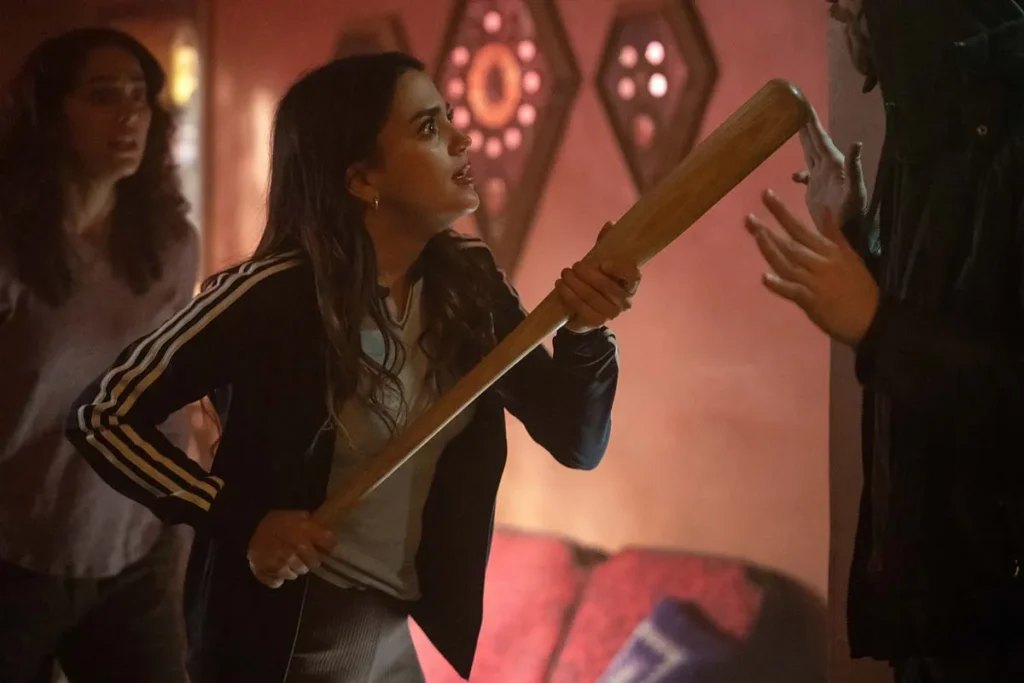
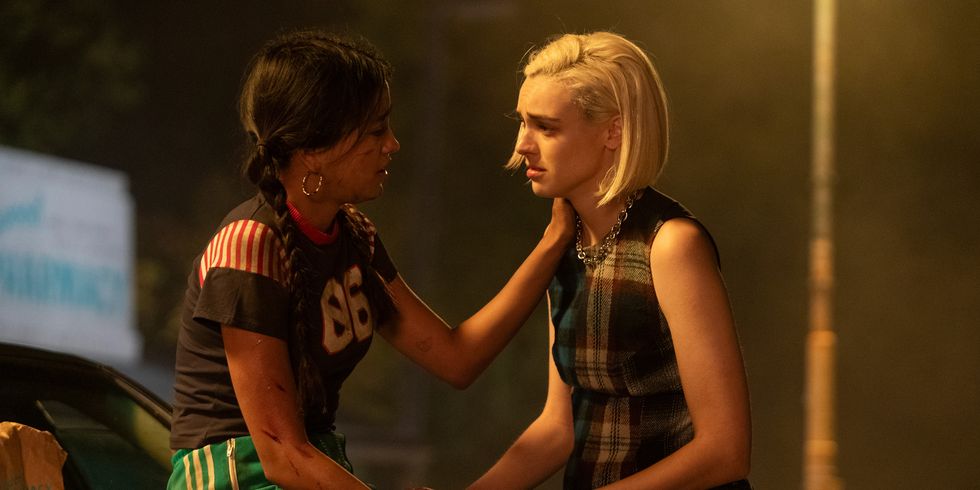
Season Two: “Summer Camp” – Expanding the Narrative
The second season of “Pretty Little Liars: Original Sin,” titled “Summer Camp,” continues to build on the foundations laid by its predecessor, expanding the narrative scope and deepening its thematic explorations.
1. The Evolution of Horror
“Summer Camp” takes the horror elements of the first season and amplifies them, introducing new settings and scenarios that heighten the sense of dread and suspense. The eponymous summer camp setting serves as a perfect backdrop for the unfolding terror, drawing on the rich tradition of camp-based horror while injecting fresh twists and surprises.
2. Character Development and Growth
The characters introduced in the first season continue to evolve, their relationships and individual arcs deepening in complexity. The dynamics within the group are tested as new threats emerge, forcing them to confront their past traumas and forge new alliances. This ongoing character development ensures that the emotional stakes remain high and the narrative remains compelling.
3. Thematic Continuity and Expansion
“Summer Camp” continues to explore the feminist and pro-LGBTQ+ themes established in the first season, delving even deeper into issues of identity, resistance, and empowerment. The series’ commitment to social commentary remains unwavering, with new storylines that address contemporary issues such as environmental activism and mental health. This thematic continuity and expansion ensure that “Summer Camp” retains the intellectual and cultural relevance of the original series.
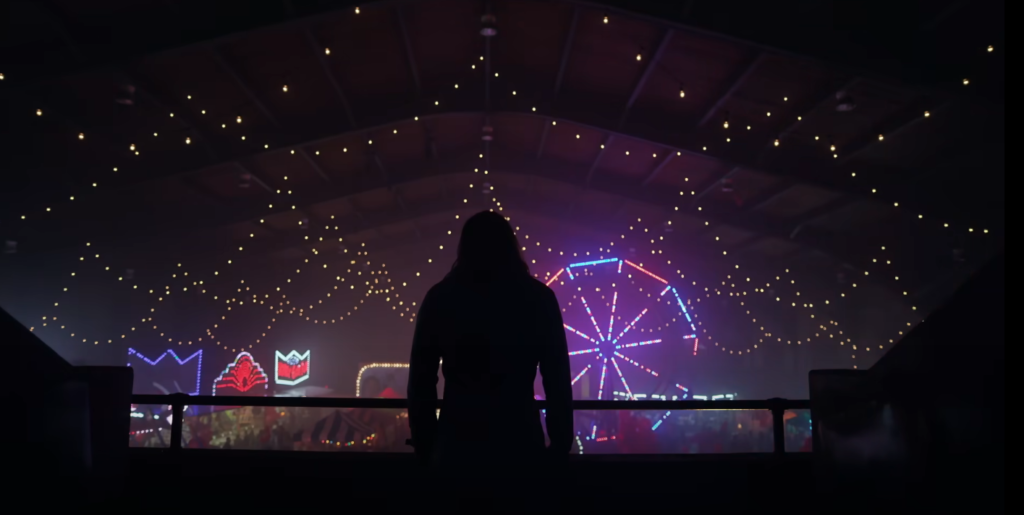
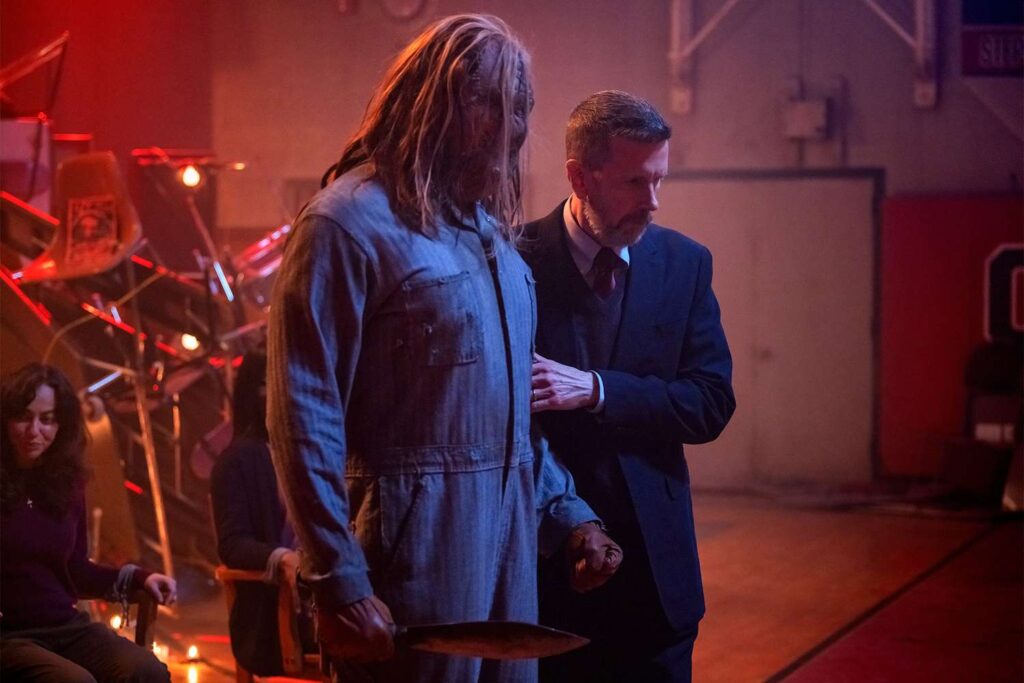
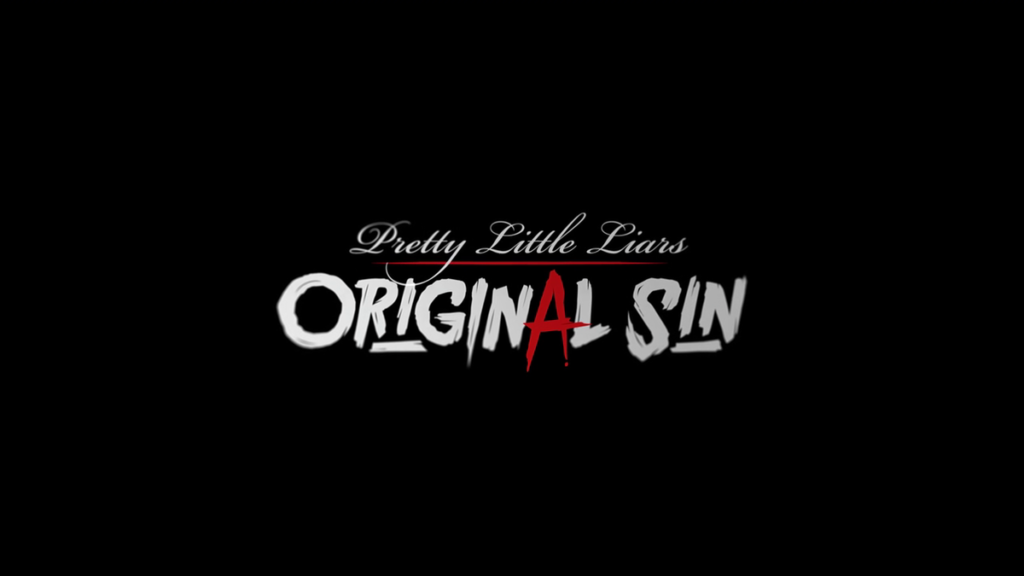
Conclusion: A Dark, Poetic, and Culturally Resonant Masterpiece
“Pretty Little Liars: Original Sin” and its second season, “Summer Camp,” stand as a testament to the enduring power and versatility of the horror genre. By blending elements of classic slashers with indie musical sensibilities and profound social commentaries, the series creates a rich and immersive experience that resonates on multiple levels.
The intricate character development, atmospheric soundtrack, and unwavering commitment to feminist and pro-LGBTQ+ messages elevate “Original Sin” beyond mere entertainment, positioning it as a culturally significant work that speaks to the complexities of contemporary society. In its dark, poetic, and intellectually engaging narrative, “Pretty Little Liars: Original Sin” offers a haunting reflection on trauma, identity, and the relentless pursuit of truth and justice.

